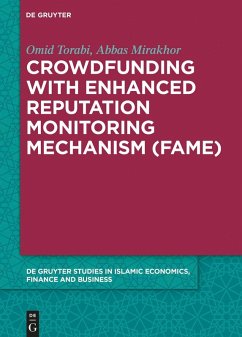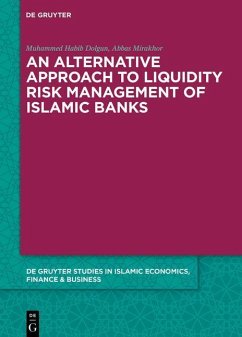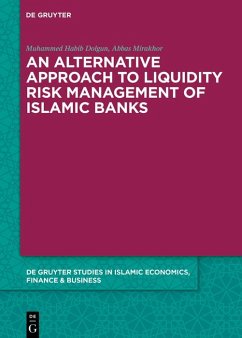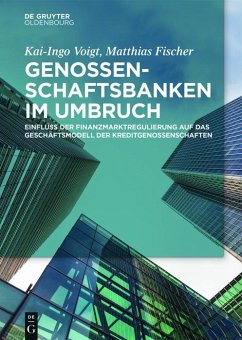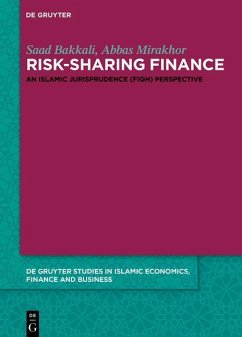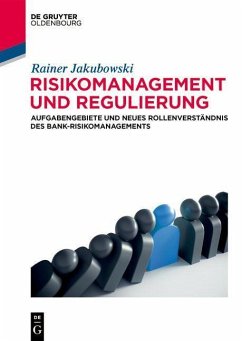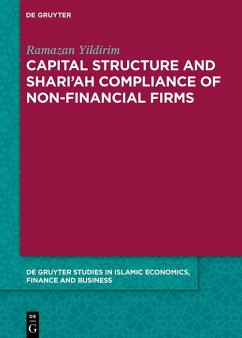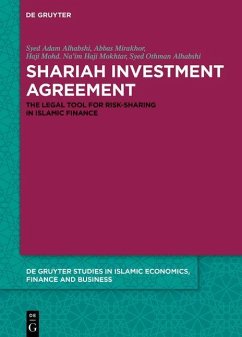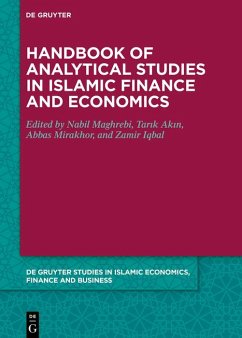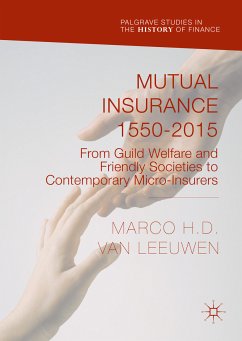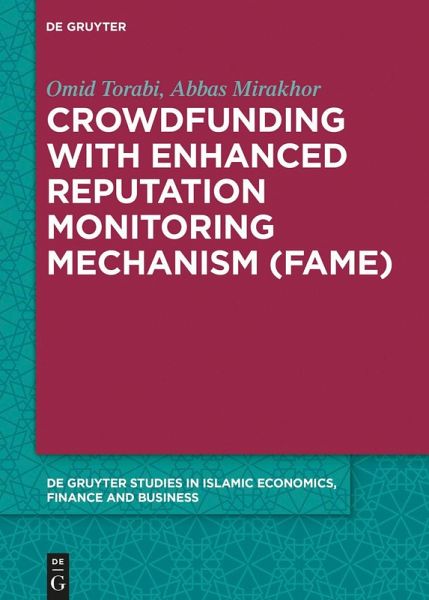
Crowdfunding with Enhanced Reputation Monitoring Mechanism (Fame) (eBook, PDF)
Versandkostenfrei!
Sofort per Download lieferbar
87,95 €
inkl. MwSt.
Weitere Ausgaben:

PAYBACK Punkte
44 °P sammeln!
Crowdfunding is increasingly becoming a method of mobilizing project finance ventures, particularly in a sharing economy. Moreover, the element of risk sharing which is found in equity crowdfunding makes up the essence of Islamic finance. However, as with any type of risk-sharing contract, Islamic crowdfunding faces the problem of lack of trust and information asymmetry. The author employs a game theory approach to Islamic crowdfunding as a means to tackle the issue of information asymmetry through a "reputation mechanism" which is touted as one of the latest means of solving information asymm...
Crowdfunding is increasingly becoming a method of mobilizing project finance ventures, particularly in a sharing economy. Moreover, the element of risk sharing which is found in equity crowdfunding makes up the essence of Islamic finance. However, as with any type of risk-sharing contract, Islamic crowdfunding faces the problem of lack of trust and information asymmetry. The author employs a game theory approach to Islamic crowdfunding as a means to tackle the issue of information asymmetry through a "reputation mechanism" which is touted as one of the latest means of solving information asymmetry in web-based social networks. The primary objective of the reputation mechanism is to enable more efficient transactions in communities where cooperation is compromised by post-contractual opportunism or information asymmetry.
The game theory approach in this study involves two different games: "without Fame" and "with Fame", and it is proposed that a "with Fame" crowdfunding game produces better results. The reputational mechanism in this research was also designed specifically to eliminate any potential moral hazards and minimize information asymmetry. In this study, "Fame" refers to the credibility of every individual within the crowdfunding system. Fame is a form of systematic, measurable and computable (implicit and explicit) reputation, which allows other members of the crowdfunding social network to better learn about the individual and their credibility.
The game theory approach in this study involves two different games: "without Fame" and "with Fame", and it is proposed that a "with Fame" crowdfunding game produces better results. The reputational mechanism in this research was also designed specifically to eliminate any potential moral hazards and minimize information asymmetry. In this study, "Fame" refers to the credibility of every individual within the crowdfunding system. Fame is a form of systematic, measurable and computable (implicit and explicit) reputation, which allows other members of the crowdfunding social network to better learn about the individual and their credibility.
Dieser Download kann aus rechtlichen Gründen nur mit Rechnungsadresse in A, B, BG, CY, CZ, D, DK, EW, E, FIN, F, GR, HR, H, IRL, I, LT, L, LR, M, NL, PL, P, R, S, SLO, SK ausgeliefert werden.




